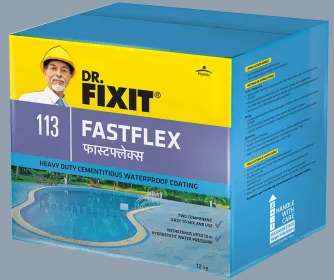Uncovering the Mysteries of Swimming Pool Waterproofing: A Comprehensive Guide
Swimming pool waterproofing is a crucial aspect of maintaining the health and longevity of your pool. In this article, we will delve into the world of waterproofing, discussing its importance, common misconceptions, and the best practices for ensuring your pool stays watertight.

Why Waterproofing Matters
Waterproofing your swimming pool serves several essential purposes:
1. Preserving the pool's structure
Prolonged exposure to water, chemicals, and the surrounding environment can cause serious damage to the pool's structure. Waterproofing helps prevent cracks, erosion, and compromised stability
2. Preventing water loss and leakage
A poorly waterproofed pool can result in substantial water loss due to leaks, which not only waste water but also increase your water bill and necessitate constant refilling
3. Protection against moisture-related issues
Waterproofing systems act as a barrier, preventing water from escaping and safeguarding against leaks. This helps conserve water resources and save you money in the long run.
Common Misconceptions About Waterproofing
1. Concrete pools are waterproof
While concrete is dense and water-resistant, it is not waterproof. Concrete swimming pools can have dense enough shotcrete (4000+ PSI) and waterproofing membranes to make them watertight.
2. Waterproofing is only necessary for concrete pools
All swimming pools, including vinyl liner and fiberglass pools, can benefit from waterproofing. It is a proactive decision that helps prevent costly repairs and extends the lifespan of your pool.

Top Waterproofing Products and Techniques
There are several products and techniques available for waterproofing swimming pools:
1. Cementitious coats and waterproof barrier products
These products are suitable for cement pools and help prevent water penetration.

2. Pure polymer waterproof coatings
These coatings provide a durable and effective waterproofing solution for various pool surfaces.
3. Spray equipment
Larger surface areas can be covered more economically by using spray equipment, as opposed to applying via a trowel or brush.
4. Regular maintenance
Regularly checking your pool for signs of water intrusion and addressing any issues promptly is essential for maintaining the waterproofing's effectiveness.

Waterproofing your swimming pool is an essential step in ensuring its health, longevity, and durability. By understanding the importance of waterproofing, common misconceptions, and the best practices for waterproofing, you can make an informed decision and keep your pool in top shape for years to come.